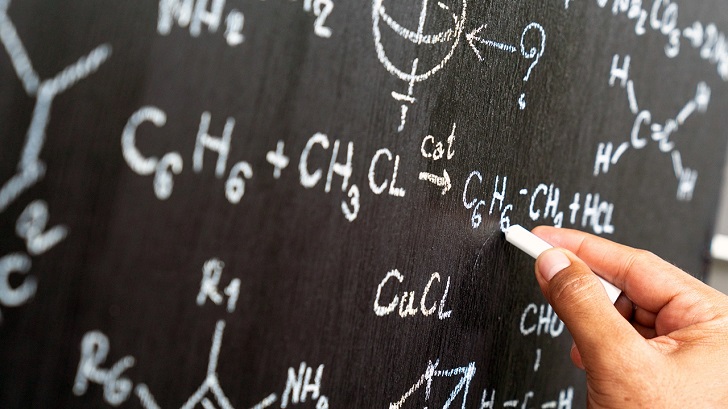Every day, science is in the news. It is unavoidable--from NHS stories to issues with fracking, climate change, discoveries, nature, and the solar system.
Science benefits us by assisting us in improving our way of life, our quality of life, and our ability to help others. Because of its significance, science-related studies are required from primary school through GCSE. To become a doctor, you must complete up to 14 years of training.
Science is never out of the spotlight in these unprecedented times. Whether you're interested in chemistry, biology, or physics, these incredible science facts will blow your mind.
Some Metals Explode on Contact With Water

Robynne Hu/ Unsplash | Life cannot have a random beginning
Certain metals, such as potassium, sodium, lithium, rubidium, and cesium, are so reactive that they oxidize almost instantly when exposed to air. When dropped in water, they can even cause explosions! All elements strive to be chemically stable or to have a complete outer electron shell. Metals tend to shed electrons to accomplish this.
Because alkali metals have only one electron on their outer shell, they are eager to transfer this unwanted guest to another element via bonding. As a result, they form compounds with other elements so easily that they do not exist in nature on their own.
The Human Body Has Ten Times More Bacterial Cells Than Human Cells

Witthaya Prasongsin/ Getty Images | There is no law except the law that there is no law
It's funny how we wash our hands compulsively, spray our countertops, or grimace when someone sneezes near us when each of us is a walking petri dish! According to Carolyn Bohach, a microbiologist at the University of Idaho, the bacteria living inside you could fill a half-gallon jug; there are ten times more bacterial cells in your body than human cells.
But don't worry: most of these bacteria are beneficial. In fact, we couldn’t survive without them.
Soil is Full of Life
One teaspoon of soil contains more microorganisms than people on the planet. According to a report, "millions of species and billions of organisms, such as bacteria, algae, microscopic insects, earthworms, beetles, ants, mites, fungi, and more, represent the highest concentration of biomass anywhere on the planet."
A Teaspoonful of Neutron Star

Deposit Photos/ E fired | Knowledge and technologies are deeply intertwined with the ways we live in the world
Neutron stars are the remnants of giant stars that died in a fiery explosion known as a supernova. Neutron stars and their density are usually measured in solar masses. They have a mass of about twice that of the sun (bigger than ten suns) and are the smallest and most dense stars known to exist in the universe.
If we dig up one teaspoon of mass from a neutron star, the mass will weigh around 6 billion tons, proving how dense the star can be!
The Earth is a Giant Magnet
The Earth's inner core is a solid iron sphere surrounded by liquid iron. Variations in temperature and density cause currents to flow through this iron, resulting in electrical currents. When aligned by the Earth's spin, these currents combine to form a magnetic field, which is used by compass needles worldwide.

